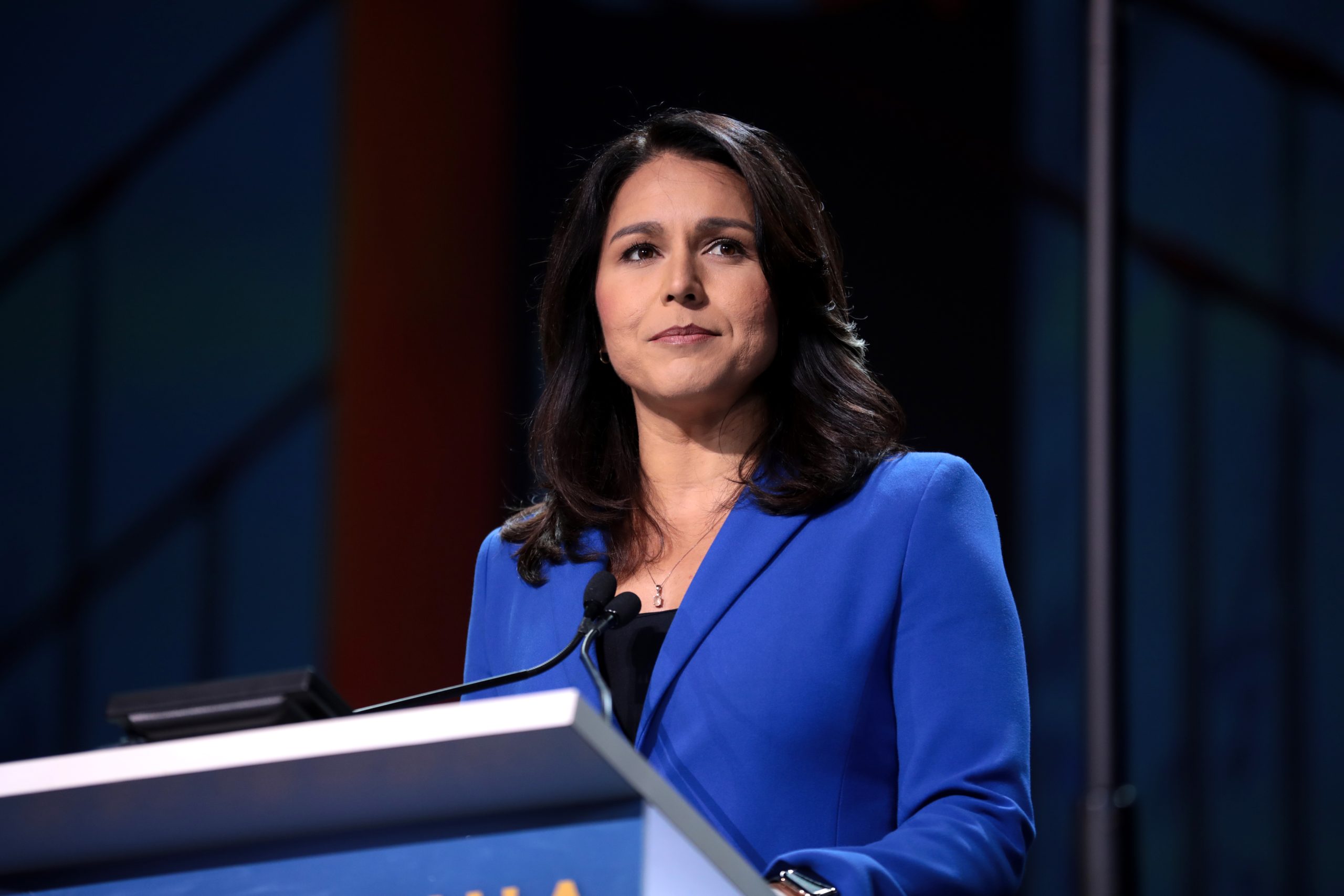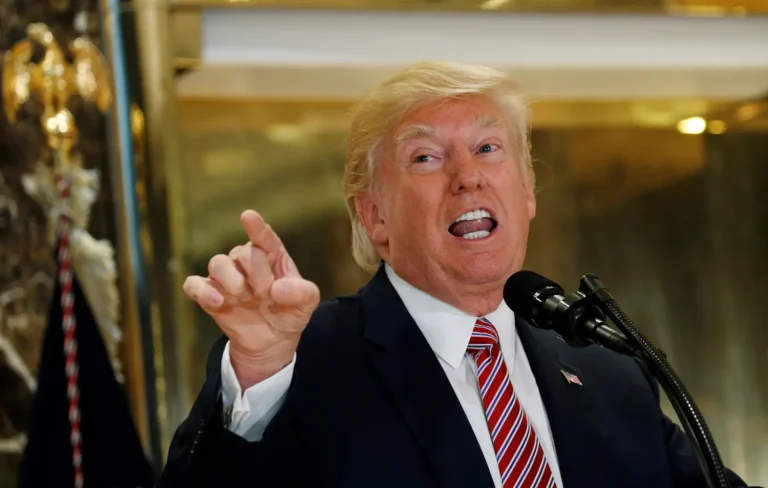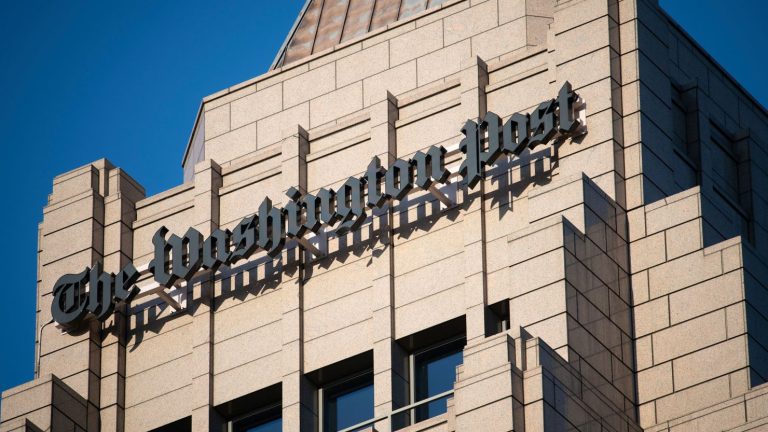In the aftermath of the January 6, 2021 attack on the U.S. Capitol, the landscape of domestic terrorism investigations in the United States shifted dramatically. According to public records, official testimony, and intelligence assessments, a significant portion of domestic terrorism cases in 2021 can be directly traced back to this single, unprecedented event.
The FBI and Department of Justice (DOJ) both reported a sharp increase in their domestic terrorism caseloads following the Capitol riot. Hundreds of individuals were investigated for their involvement in the attack, either for breaching the Capitol, participating in violence, or engaging in conspiracy against the democratic process. These cases weren’t isolated incidents; they became a major part of the federal government’s broader effort to confront rising domestic extremism.
Testimony from FBI and DOJ officials before Congress confirmed that a large share of new domestic terrorism investigations originated from January 6. This was not merely a matter of prosecuting unlawful entry or vandalism. Many of the cases involved serious allegations such as assault on federal officers, coordinated planning of violent acts, and affiliations with extremist ideologies. The high volume of prosecutions and the complex nature of the investigations caused a noticeable uptick in the FBI’s domestic terrorism workload, which continued well beyond 2021.
Further validating this increase, the U.S. intelligence community — including the Office of the Director of National Intelligence (ODNI), the FBI, and the Department of Homeland Security (DHS) — issued joint reports and public assessments underscoring the gravity of January 6 as a domestic terrorism event. These reports not only categorized the attack as a significant threat but also signaled a broader trend of politically motivated violence emanating from ideologically driven domestic groups.
These official documents and testimonies serve as a window into the federal response and intelligence assessment of the events. They reinforce the reality that the Capitol riot wasn’t an isolated incident, but a catalyst for long-term national security concerns. As such, it’s reasonable to expect that any classified or declassified materials produced in the wake of the attack — whether disclosed or referenced in oversight hearings — would reflect the high proportion of domestic terrorism cases linked to January 6.
Ultimately, the attack on the Capitol marked a turning point in how domestic extremism is viewed and addressed in the U.S. From law enforcement priorities to national intelligence strategies, the ripple effects of that day continue to shape the fight against domestic terrorism.

James Jenkins is a celebrated Pulitzer Prize-winning author whose work has reshaped the way readers think about social justice and human rights in America. Raised in Atlanta, Georgia, James grew up in a community that instilled in him both resilience and a strong sense of responsibility toward others. After studying political science and creative writing at Howard University, he worked as a journalist covering civil rights issues before dedicating himself fully to fiction. His novels are known for their sharp, empathetic portraits of marginalized communities and for weaving personal stories with broader political realities. Jenkins’s breakout novel, Shadows of Freedom, won national acclaim for its unflinching look at systemic inequality, while his more recent works explore themes of identity, resilience, and the fight for dignity in the face of oppression. Beyond his novels, James is an active public speaker, lecturing at universities and participating in nonprofit initiatives that support literacy and community empowerment. He believes that storytelling is a way to preserve history and inspire change. When not writing, James enjoys jazz music, mentoring young writers, and traveling with his family to explore cultures and stories around the world.









